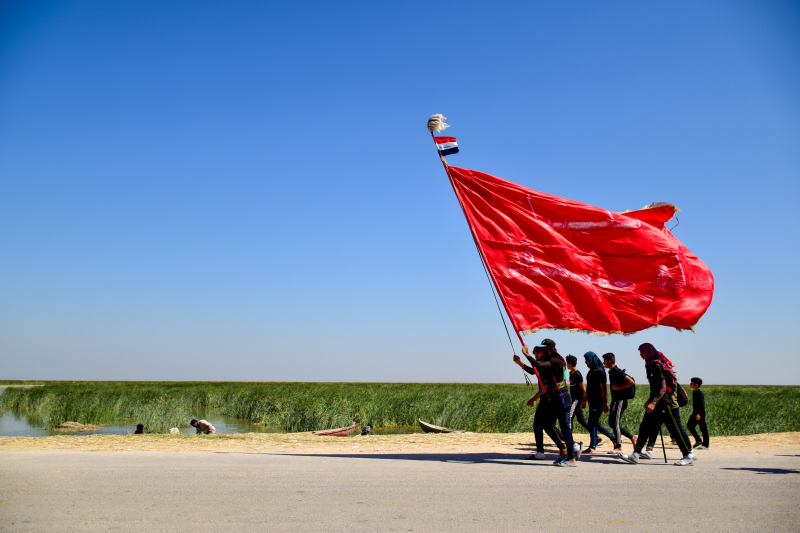Lack of basic services

Despite being one of the largest oil producers in the world, many parts of Iraq still lack basic services such as electricity, clean water, and healthcare. This has contributed to widespread poverty and has created an environment of frustration and dissatisfaction among the population.
The lack of access to clean water, sanitation, and healthcare has had a negative impact on public health and has contributed to the spread of diseases such as cholera and typhoid. In addition, the shortage of basic services, particularly electricity, and water, has had a negative impact on the quality of education in Iraq and has made it more difficult for students to receive a quality education.
The shortage of basic services has made it more difficult for people to earn a living and has contributed to poverty and unemployment, which have in turn contributed to the country's overall economic difficulties.








